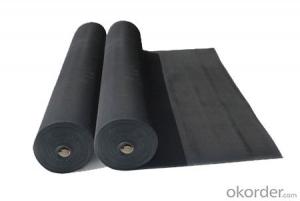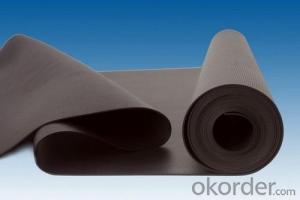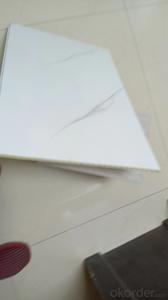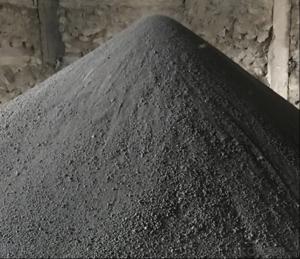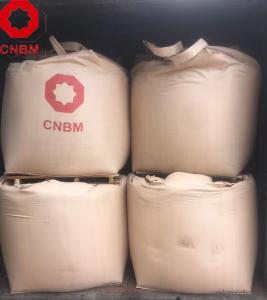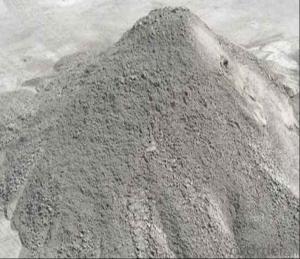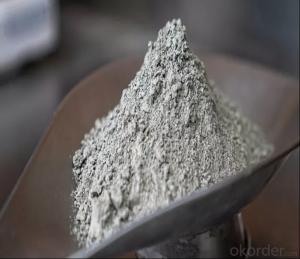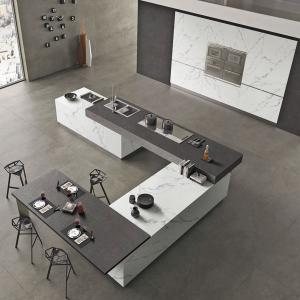EPDM Waterproof Membrane for Roofing Field
- Loading Port:
- China main port
- Payment Terms:
- TT OR LC
- Min Order Qty:
- 5000 m²
- Supply Capability:
- 100000 m²/month
OKorder Service Pledge
OKorder Financial Service
You Might Also Like
Product Description
1.EPDM Waterproof Membrane / Roofing Material / Sheets Roofing
2.High tensile strength.
3.Good elongation.
4.UV resistant.
5.Anti-corrosion.
Product characteristics
1.Excellent anti-aging performance, service life can reach 50 years;
2.High elongation, high tensile strength, heat treatment size change small;
3.Plant root penetration resistance is good
4.Good low temperature flexibility
5.Application is convenient, overlapping is firm and reliable, no environmental pollution;
6. Resistance to chemical corrosion, can be applied to special places;
7.Maintenance is convenient, the cost is low
Uses:
Widely used in roofs, basement, toilet ,swimming pool, and all kinds of industry and civil building waterproofing, reservoir, vivicism, bridge, underground, tunnel and dam waterproofing ,especially to the keystone waterproofing projects which is durability, high corrosion resistance and easy deformation
FAQ of Waterproofing Membrane
a.Can we get some samples before place order?
Answer: We can send the free samples to you by freight collect.
b.How many years can your PVC membrane guarantee?
Answer: We will guarantee the quality for 5 years at least.
c.Which countries you ever export the product?
Answer: We export the PVC membrane to South Africa, Middle east and even European countries.
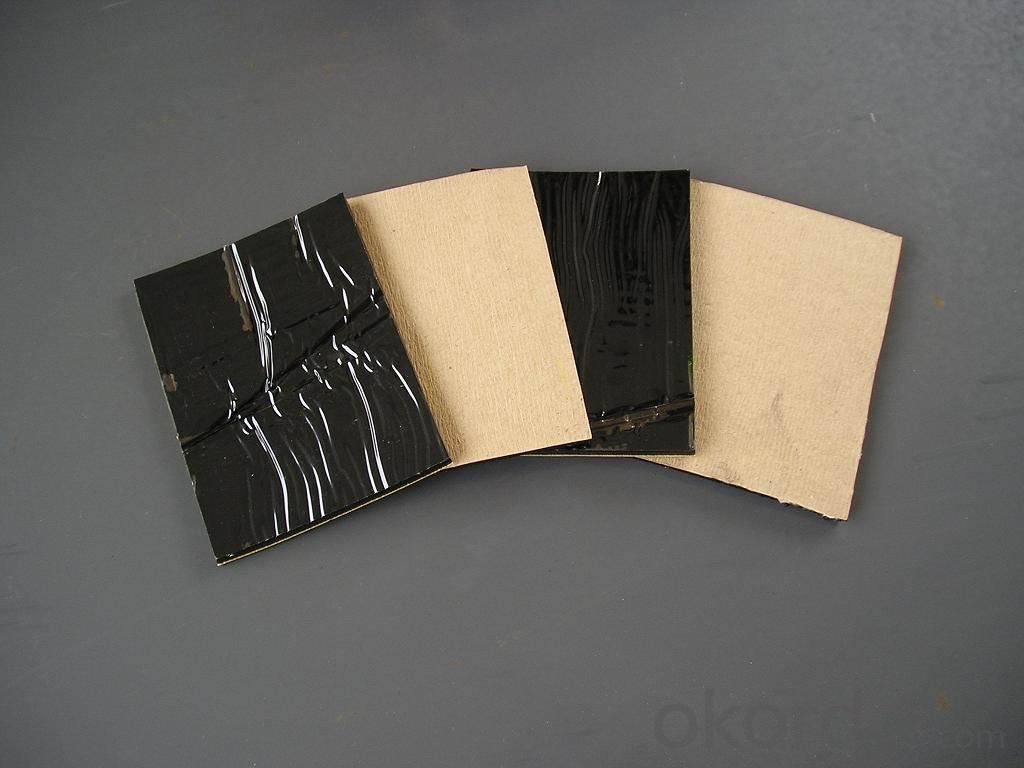
- Q:Can a waterproofing membrane be used for historical buildings?
- Yes, a waterproofing membrane can be used for historical buildings. While it is important to preserve the architectural integrity and historical value of such buildings, it is equally essential to protect them from water damage. Waterproofing membranes provide an effective solution to prevent water infiltration and subsequent decay or deterioration. These membranes can be applied to various surfaces, including roofs, walls, and foundations, without compromising the aesthetics of the historical structure. It is crucial to choose a waterproofing membrane that is suitable for historical buildings, considering factors such as breathability, compatibility with the existing materials, and adherence to preservation guidelines. By using a carefully selected and properly installed waterproofing membrane, historical buildings can be protected from moisture-related issues, ensuring their longevity and continued preservation.
- Q:Are there any specific building code requirements for waterproofing membranes?
- Waterproofing membranes are subject to specific building code requirements. These requirements vary depending on the jurisdiction, but most codes mandate that waterproofing membranes meet certain standards and specifications. The purpose of these requirements is to protect buildings from water damage and maintain the safety and integrity of the structure. Some typical building code requirements for waterproofing membranes include: 1. Material standards: The building code may stipulate the type of materials that are permissible for waterproofing membranes. This can include specifications for the membrane's type, such as liquid-applied or sheet membranes, as well as requirements for thickness and composition. 2. Installation standards: The building code may provide specific instructions and techniques for installing waterproofing membranes. This can include requirements for appropriate surface preparation, application procedures, and details concerning penetrations and transitions. 3. Testing and certification: Building codes may mandate that waterproofing membranes undergo certain tests and meet specific performance criteria. This can include tests for water penetration resistance, durability, and compatibility with other building materials. In some cases, the code may require certification from a recognized testing laboratory. 4. Code compliance documentation: Building codes often demand that waterproofing membranes be installed in accordance with approved plans and specifications. This means that contractors may need to submit documentation to demonstrate compliance with the code, such as product data sheets, manufacturer's installation instructions, and details of the proposed waterproofing system. It is crucial to consult the local building code or regulatory authority to ascertain the specific requirements for waterproofing membranes in a particular jurisdiction. Complying with these requirements is vital to ensure the proper functioning and longevity of the waterproofing system and to prevent issues like water intrusion, mold growth, and structural damage.
- Q:Can a waterproofing membrane be used in bathrooms or showers?
- Yes, a waterproofing membrane can be used in bathrooms or showers. Waterproofing membranes are specifically designed to prevent water penetration and protect the underlying surfaces from moisture damage. They are commonly used in wet areas like bathrooms and showers to ensure long-lasting waterproofing and prevent water leakage.
- Q:Can a waterproofing membrane be used for roofing applications?
- Yes, a waterproofing membrane can be used for roofing applications. Waterproofing membranes are specifically designed to prevent water infiltration, making them ideal for protecting roofs from leaks and water damage. They provide a durable and effective barrier against moisture, ensuring the roof remains watertight.
- Q:Can a waterproofing membrane be used for power plants?
- Yes, a waterproofing membrane can be used for power plants. Waterproofing membranes are commonly used in power plants to protect the structural elements and equipment from water damage and leakage. These membranes are designed to provide a durable, watertight seal that can withstand the harsh conditions and high moisture levels typically found in power plant environments. Additionally, they also help in preventing corrosion and extending the lifespan of the power plant infrastructure.
- Q:Can a waterproofing membrane be applied to wood surfaces?
- Wood surfaces can indeed be protected with a waterproofing membrane. There are various options available in the market, including liquid or sheet membranes that are specially designed for wood. These membranes are typically made from materials like rubber, asphalt, or polyurethane, which form a barrier against water and prevent moisture from seeping into the wood. The application of the waterproofing membrane varies depending on the product, and can involve brushing, rolling, or spraying. By applying a waterproofing membrane to wood surfaces, the wood's lifespan can be extended, rotting and warping can be prevented, and water damage can be avoided. However, it is crucial to properly prepare the surface and follow the manufacturer's instructions for application in order to achieve optimal results.
- Q:Can a waterproofing membrane be used on tunnels with water drainage systems?
- Yes, a waterproofing membrane can be used on tunnels with water drainage systems. A waterproofing membrane is designed to provide a protective barrier against water penetration and can effectively prevent water leakage into the tunnel. However, it is important to ensure that the waterproofing membrane is compatible with the specific water drainage system in place. The membrane should be installed in such a way that it does not obstruct or interfere with the functioning of the drainage system. Additionally, proper consideration should be given to the design and installation of the drainage system to ensure efficient water management and prevent any potential issues that could compromise the effectiveness of the waterproofing membrane. Overall, with proper planning and installation, a waterproofing membrane can be successfully used in tunnels with water drainage systems to ensure the overall integrity and longevity of the structure.
- Q:Are waterproofing membranes suitable for residential basements?
- Yes, waterproofing membranes are suitable for residential basements. Waterproofing membranes are designed to prevent water infiltration and protect the basement from moisture damage. They can be applied to the exterior or interior of the basement walls to create a barrier against water and dampness. This helps to prevent issues such as mold growth, water damage, and structural deterioration. Waterproofing membranes are an effective solution for residential basements as they provide long-lasting protection and can help to create a dry and healthy living environment.
- Q:Can a waterproofing membrane be used on below-grade foundations?
- Yes, a waterproofing membrane can be used on below-grade foundations. Waterproofing membranes are commonly used to prevent water infiltration and protect the foundation from moisture damage in below-grade applications.
- Q:Are waterproofing membranes resistant to chemical solvents?
- Waterproofing membranes are generally capable of withstanding chemical solvents. They are designed to endure exposure to different chemicals, including solvents. These membranes are formulated to create a barrier against moisture and safeguard against damage caused by chemical contact. The ability to resist chemical solvents is a crucial characteristic of waterproofing membranes, as it guarantees their durability and effectiveness in various applications like construction, roofing, and below-grade waterproofing. However, it is important to mention that the specific resistance of a waterproofing membrane to chemical solvents may differ based on the type and brand of membrane used. Therefore, it is always advisable to refer to the manufacturer's guidelines for detailed information on chemical resistance.
1. Manufacturer Overview |
|
|---|---|
| Location | |
| Year Established | |
| Annual Output Value | |
| Main Markets | |
| Company Certifications | |
2. Manufacturer Certificates |
|
|---|---|
| a) Certification Name | |
| Range | |
| Reference | |
| Validity Period | |
3. Manufacturer Capability |
|
|---|---|
| a)Trade Capacity | |
| Nearest Port | |
| Export Percentage | |
| No.of Employees in Trade Department | |
| Language Spoken: | |
| b)Factory Information | |
| Factory Size: | |
| No. of Production Lines | |
| Contract Manufacturing | |
| Product Price Range | |
Send your message to us
EPDM Waterproof Membrane for Roofing Field
- Loading Port:
- China main port
- Payment Terms:
- TT OR LC
- Min Order Qty:
- 5000 m²
- Supply Capability:
- 100000 m²/month
OKorder Service Pledge
OKorder Financial Service
Similar products
New products
Hot products
Related keywords
